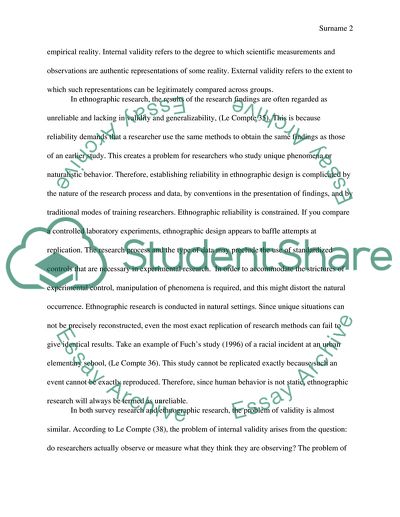Cite this document
(“Surveys and ethnographies Essay Example | Topics and Well Written Essays - 1500 words - 1”, n.d.)
Retrieved from https://studentshare.org/sociology/1611441-surveys-and-ethnographies
Retrieved from https://studentshare.org/sociology/1611441-surveys-and-ethnographies
(Surveys and Ethnographies Essay Example | Topics and Well Written Essays - 1500 Words - 1)
https://studentshare.org/sociology/1611441-surveys-and-ethnographies.
https://studentshare.org/sociology/1611441-surveys-and-ethnographies.
“Surveys and Ethnographies Essay Example | Topics and Well Written Essays - 1500 Words - 1”, n.d. https://studentshare.org/sociology/1611441-surveys-and-ethnographies.


